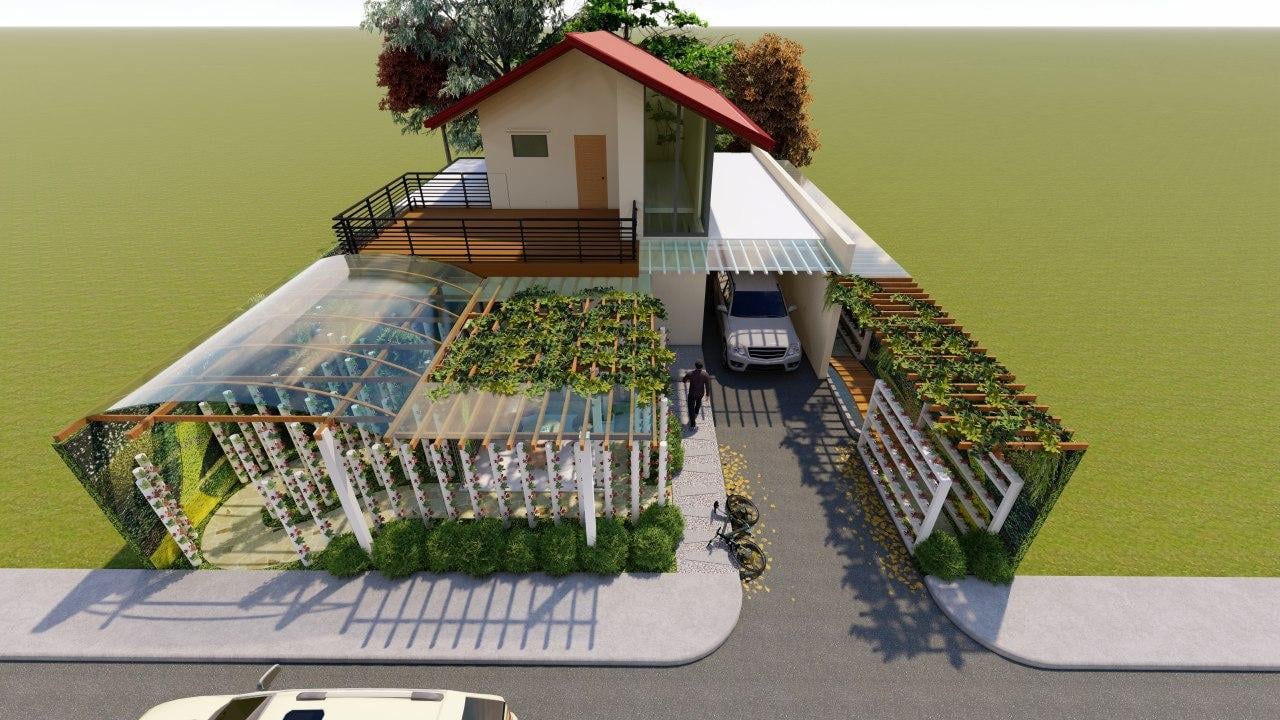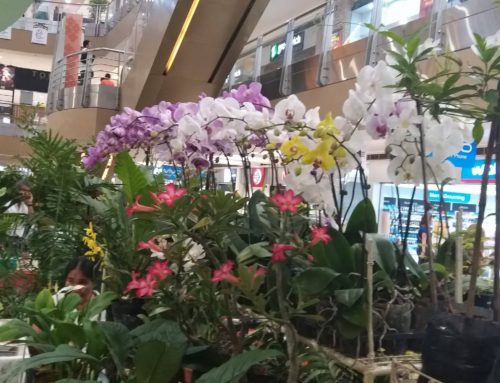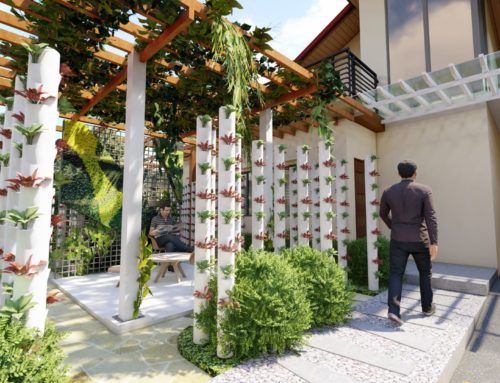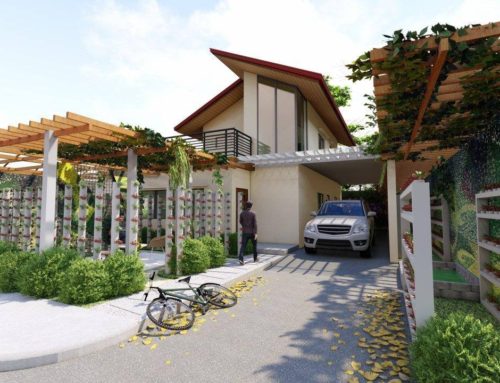We would like to present our Design and Concept for a Client – Hybrid Sustainable Smart Home with Smart Organic Aquaponics and Hydroponics System, Drinking Quality Pool Water, Smart Dual Powered Solar Energy, Smart House where everything is controllable from mobile phone (iOS and Android). The impact of climate change is advancing at an unprecedented pace. Household emissions around the world are a major driving force. At present, over one-third of global emissions can be attributed to energy consumption in homes. To tackle this, more and more stakeholders are jumping on the sustainable housing bandwagon.
The Urban gardening guarantees the consumption of healthy foods that are predominantly organic, “home-grown,” and free of artificial fertilizers, pesticides, and herbicides. In other words, it gives you and your family control of the nutrients you get from your food and even selling to neighborhoods for food and its an additional income for your home. Urban gardening has the potential to turn the growing number of consumers into conscious producers by raising awareness of natural resource cycles, contributing to environmental conservation and climate change mitigation.
As traditional agriculture comes under scrutiny due to its recounted adverse effects on the environment – depletion of natural resources, contamination of water sources, misuse of synthetic chemical inputs. And usable land for crops declines, growers are continuously looking for alternative and safer ways to grow plants while using less space. This has lead to an explosive surge in soilless production systems within both small growers and large-scale commercial productions. At the forefront of soilless systems are hydroponics and aquaponics, both providing growers with many significant benefits to growing plants while minimizing potentially dangerous environmental effects.
On average, plants grown in soilless systems yield approximately 30-40% more than traditional growing methods. This is partly from the careful monitoring of nutrients in the aquatic solutions, guaranteeing plants are receiving optimal levels of food but also the decreased disease and insect pressure, and the more finely tuned growing conditions. An ecosystem is a community of interacting organisms, and the resulting environment created. Hydroponics cannot be considered an ecosystem, while aquaponics can because of the plant/fish/microbe interaction.
To be a sustainable something has to be maintained at a steady level without the depletion of natural resources or causing severe ecological damage. Keeping this in mind and we can assume that hydroponics is not sustainable as it needs the nutrients continuously replenished in the aquatic solution. Aquaponics is sustainable as every component is provided and essential for the survival of the system, with minimal inputs needed.




